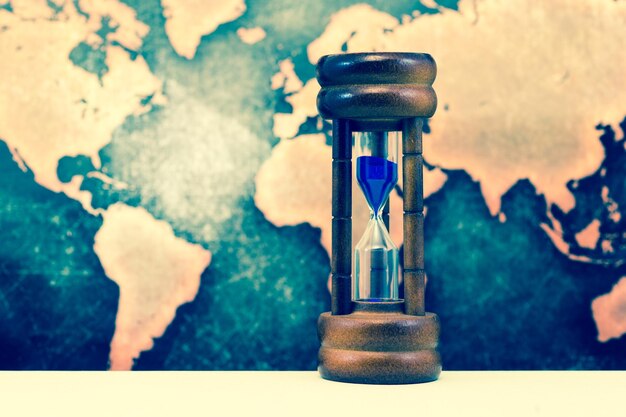
History is full of pivotal moments—events that drastically altered the course of societies, cultures, and nations. These turning points have not only shaped the modern world but have also laid the foundations for the values, institutions, and technologies that influence our daily lives. From revolutions to discoveries, here are some of the most significant moments that have defined human history.
1. The Fall of the Roman Empire
The decline and eventual fall of the Roman Empire in 476 CE marked the end of one of the most powerful civilizations in history. Its collapse led to the fragmentation of Europe into smaller kingdoms, eventually giving rise to the Middle Ages. This event changed the political and cultural landscape of Europe and laid the groundwork for the eventual rise of modern European nations.
2. The Birth of Democracy in Ancient Greece
The development of democracy in Athens around the 5th century BCE was a groundbreaking moment in history. The establishment of the first known democratic system influenced political thought across the world, leading to the development of modern political systems based on democratic principles. The idea that citizens should have a voice in government became a cornerstone of modern governance.
3. The Discovery of the Americas
In 1492, Christopher Columbus’ voyage to the Americas marked a significant turning point in world history. While the Americas were already inhabited by indigenous peoples, the discovery opened the door for European exploration, colonization, and the exchange of goods, ideas, and cultures. This event began the era of global interconnectedness and laid the foundation for the modern global economy.
4. The Industrial Revolution
The Industrial Revolution, which began in the late 18th century in Great Britain, transformed economies and societies worldwide. The shift from agrarian economies to industrialized ones brought about major advancements in technology, transportation, and manufacturing. This revolution fundamentally changed human labor, society, and the global economy, marking the beginning of the modern era.
5. The French Revolution
The French Revolution (1789-1799) was a defining moment in the history of modern democracy. It challenged the traditional structures of monarchy and aristocracy, leading to the rise of republicanism and the idea of human rights. The revolution also inspired subsequent movements for social and political change worldwide, including the abolition of slavery and the spread of democratic ideals.
6. The World Wars
World War I (1914-1918) and World War II (1939-1945) were devastating conflicts that reshaped the global order. The aftermath of these wars led to the establishment of international organizations like the United Nations and the spread of ideologies such as democracy and communism. The wars also paved the way for technological advancements, as well as significant social and political changes in many countries.
7. The Digital Revolution
The rise of the internet and personal computers in the late 20th century created a digital revolution that has transformed how people communicate, learn, and work. The internet connected the world in ways never before imagined, fundamentally altering economies, politics, and culture. The digital age continues to shape the modern world as technology plays an increasingly central role in everyday life.
FAQs
- What is a turning point in history? A turning point in history is an event or moment that causes a significant and lasting change in the course of history, often altering political, social, or cultural structures.
- Why was the fall of the Roman Empire important? The fall of the Roman Empire marked the end of ancient European dominance and the beginning of the Middle Ages, which led to the development of modern European nations.
- How did the Industrial Revolution impact society? The Industrial Revolution transformed economies by introducing mass production, changing labor systems, and driving technological advancements that shaped modern societies.
- What effect did the discovery of the Americas have on the world? The discovery of the Americas led to European colonization, the exchange of goods and ideas, and the beginning of a global economy, shaping modern globalization.
- How did the French Revolution influence modern politics? The French Revolution promoted the ideas of democracy, liberty, and equality, inspiring political movements worldwide and helping to establish modern democratic systems.
- What role did the World Wars play in shaping the modern world? The World Wars reshaped global power structures, leading to the creation of international organizations and the spread of democracy and communism across the globe.
- How did the digital revolution change the world? The digital revolution has connected the world through the internet and technology, changing how we communicate, work, and live, and continuing to impact the modern world.
Conclusion
Turning points in history are moments that have reshaped the world in profound ways. From the birth of democracy to the digital age, these events have left lasting legacies that continue to influence modern society. Understanding these key moments allows us to better comprehend the forces that have shaped the world we live in today and provides insights into how future events may unfold.
Key Takeaways
- Turning points in history are events that have led to major political, social, and technological changes.
- Key moments include the fall of the Roman Empire, the birth of democracy, the discovery of the Americas, the Industrial Revolution, and the World Wars.
- The digital revolution is one of the most recent and ongoing turning points, reshaping communication and society.
